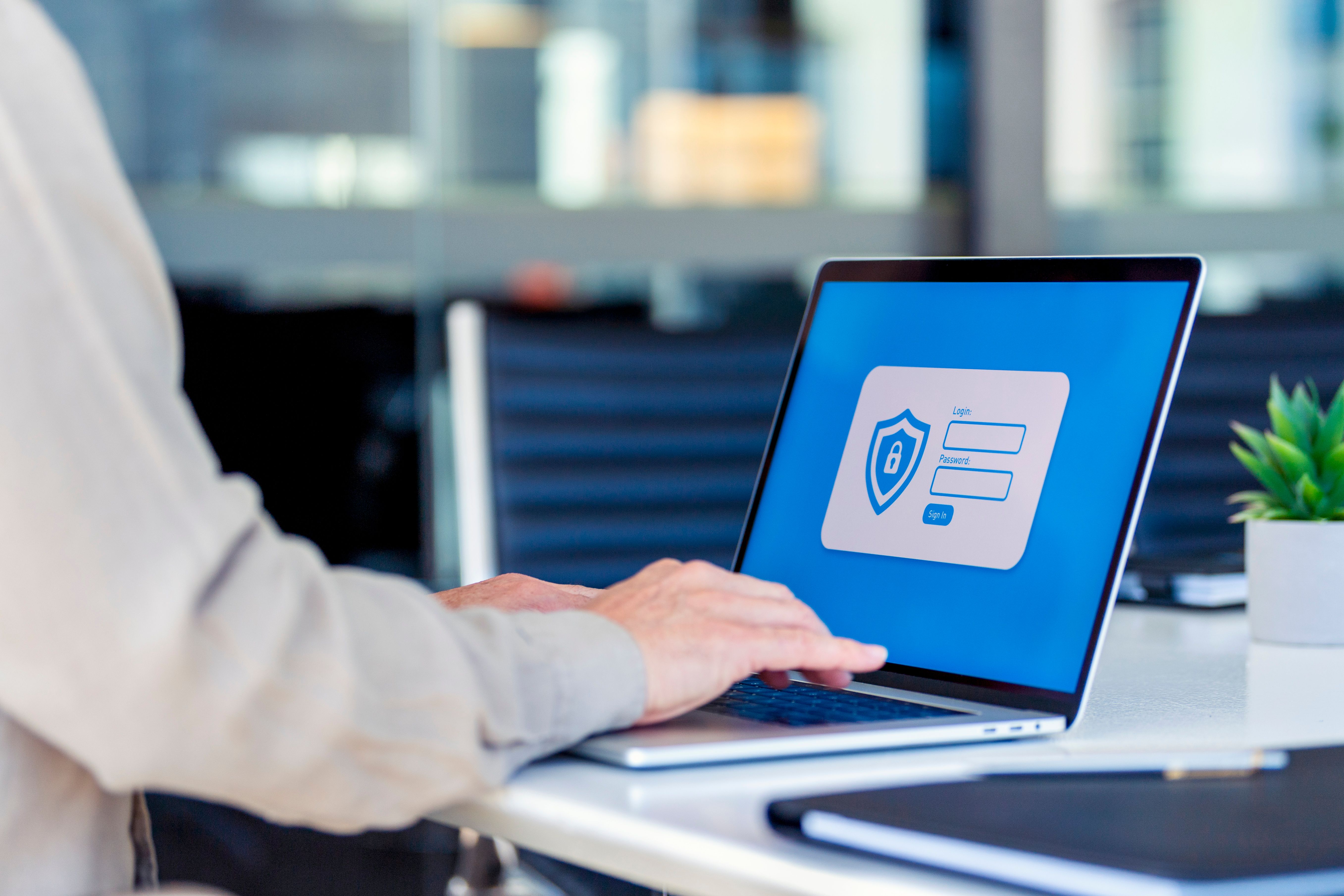Password Safety for Seniors: Simple Strategies to Stay Secure
Understanding Password Safety
In today's digital age, protecting your online accounts is more important than ever. For seniors, managing passwords can often feel overwhelming, but it doesn't have to be. By understanding some simple strategies, you can keep your information secure and enjoy the benefits of the internet with peace of mind.

Create Strong and Unique Passwords
Creating strong and unique passwords for each of your accounts is a fundamental step in maintaining password safety. A strong password is typically at least 12 characters long and includes a mix of upper and lowercase letters, numbers, and symbols. Avoid using easily guessed words or personal information such as your name or birthdate.
Consider using a passphrase. This is a sequence of random words that are easy for you to remember but hard for others to guess. For example, "SunflowerBluePiano7!" is a strong passphrase that combines unrelated words with numbers and symbols.
Utilize Password Managers
Remembering multiple complex passwords can be challenging. This is where password managers come in handy. These tools securely store all your passwords in one place, and you only need to remember one master password to access them. Some popular password managers include LastPass, Dashlane, and 1Password.

Enable Two-Factor Authentication
Two-factor authentication (2FA) adds an extra layer of security to your accounts. It requires you to provide a second piece of information in addition to your password when logging in. This could be a code sent to your phone or an app-generated code. Enabling 2FA can significantly reduce the risk of unauthorized access to your accounts.
Make sure to enable 2FA on all accounts that offer it, especially those that contain sensitive information like your email or bank accounts.
Avoid Phishing Scams
Phishing scams are attempts by malicious individuals to trick you into giving away personal information like passwords. Be cautious of unsolicited emails or messages asking for your login details. Always verify the sender's email address and be wary of links in messages. If unsure, navigate directly to the company's website instead of clicking links.

Regularly Update Your Passwords
It's important to regularly update your passwords to enhance security. Aim to change them every three to six months. When updating, ensure your new passwords are as strong and unique as the previous ones.
Remember to update passwords for all your important accounts, especially those related to finances or personal information.
Stay Informed and Educated
The digital landscape is constantly evolving, with new threats emerging regularly. Stay informed about the latest security practices by following trusted technology blogs or news sources. Consider taking online courses designed specifically for seniors to enhance your digital literacy.

By implementing these simple strategies, seniors can enjoy the digital world with greater confidence and security. Remember, taking small steps today can lead to a much safer online experience tomorrow.